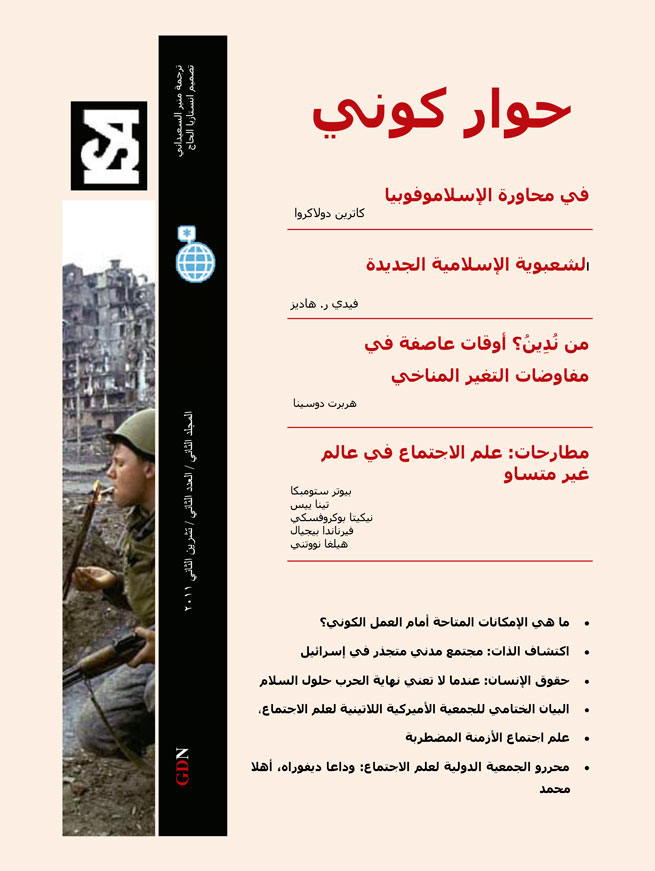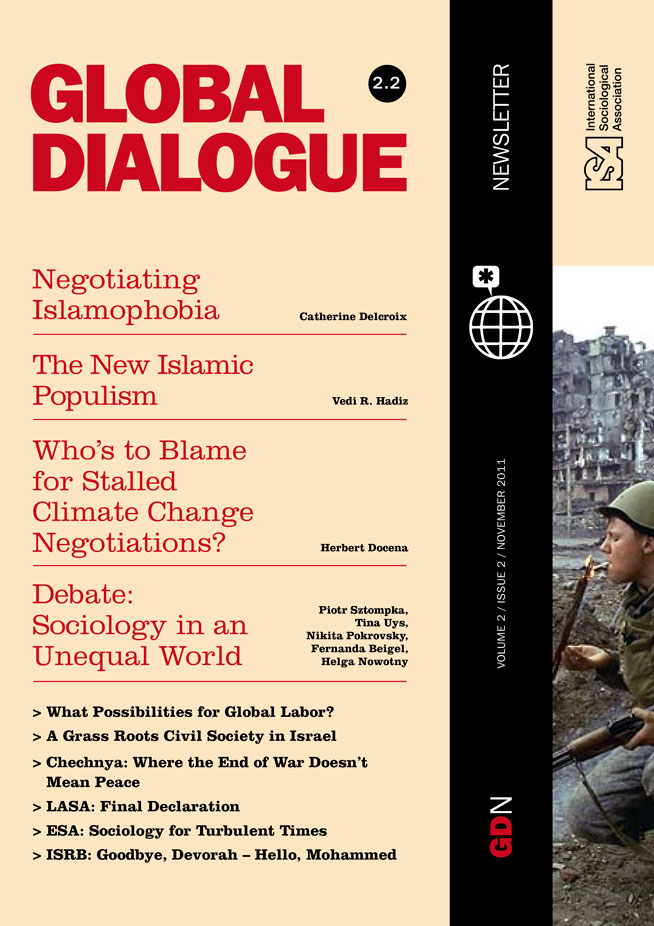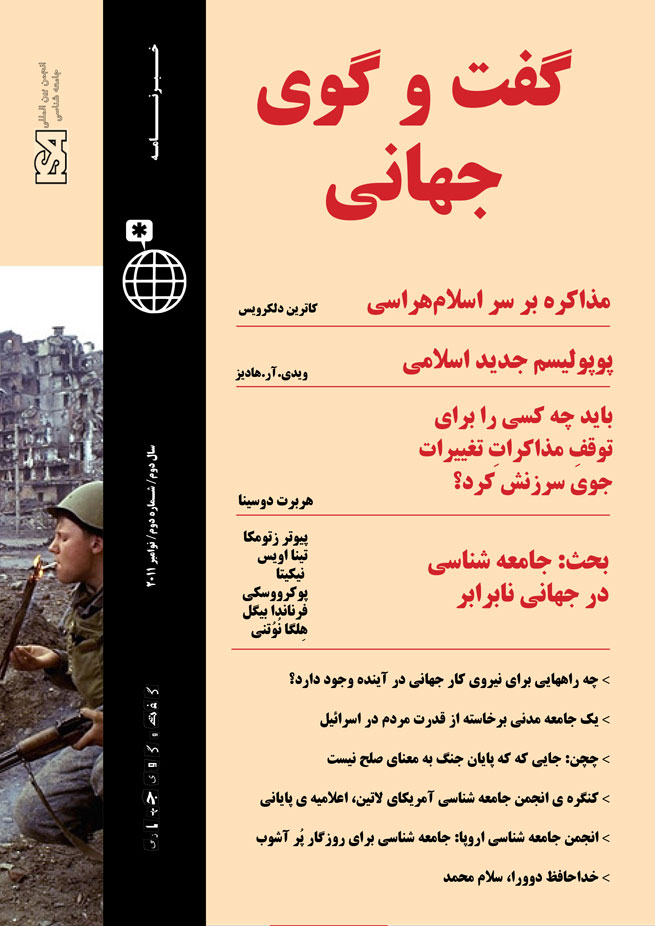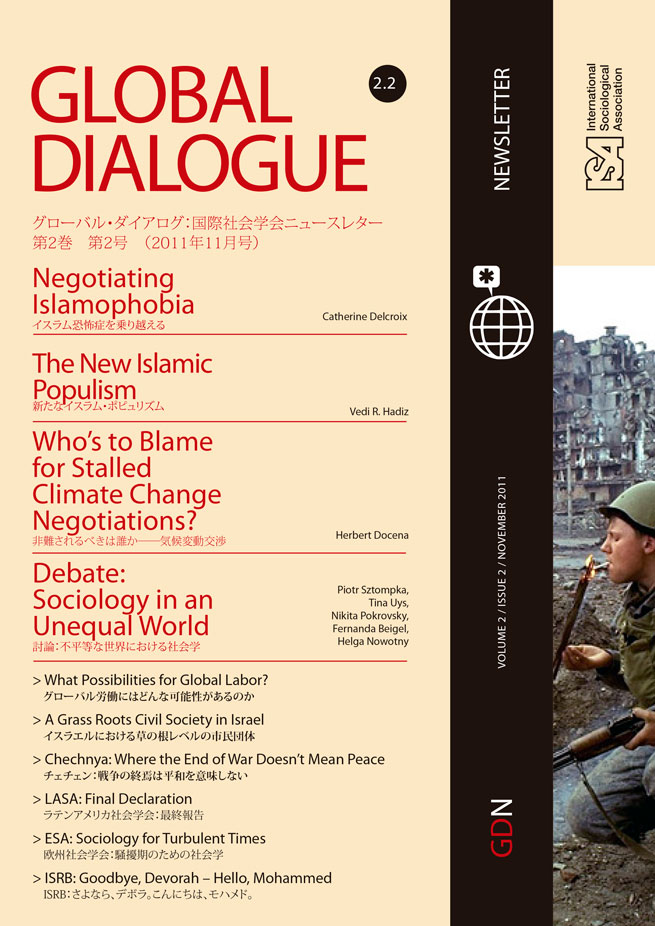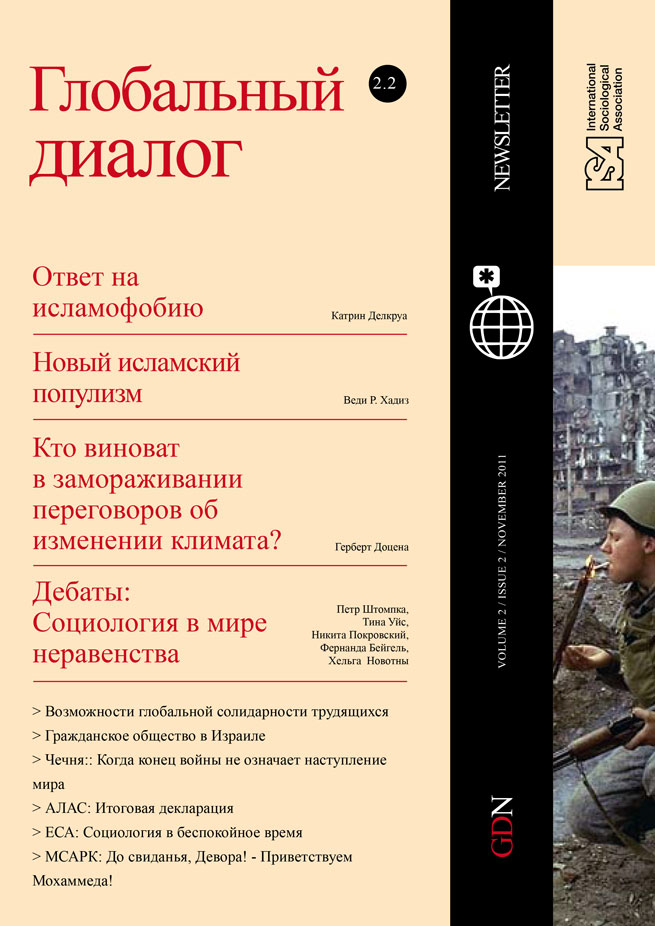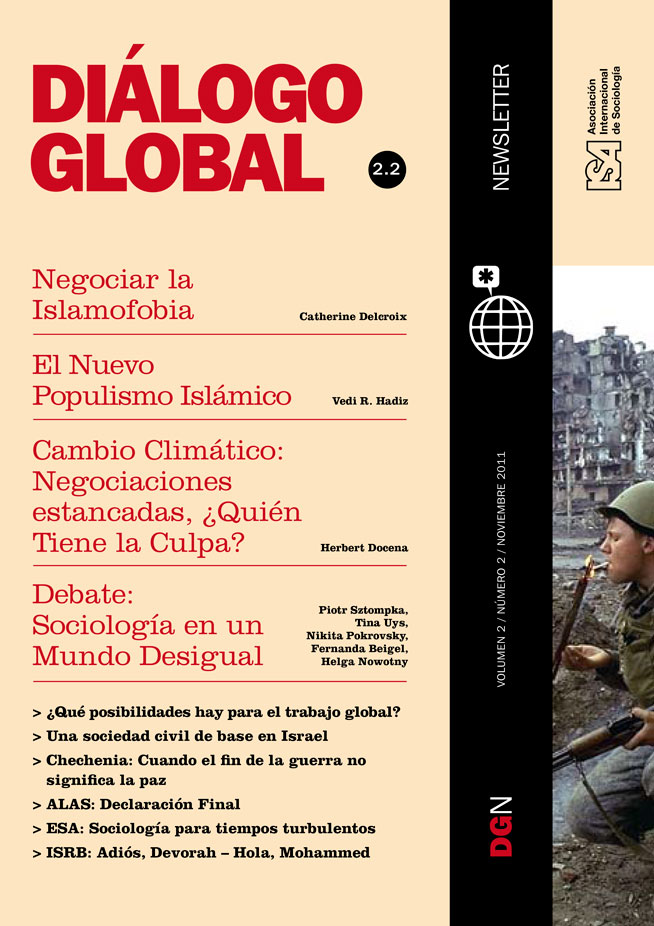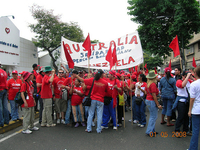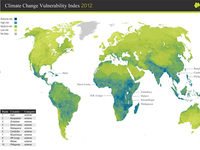Self-Discovery: A Grass Roots Civil Society in Israel
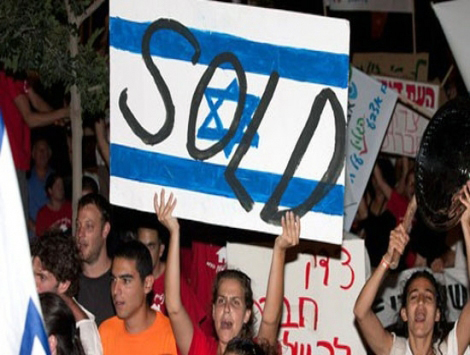
November 19, 2011
The year of the Arab Spring was also the year of the Israeli summer. A gigantic two-month demonstration disturbed the complacency of the self-satisfied right-wing coalition that includes about two thirds of the Knesset.
In this summer civilians opened their hearts and admitted to one another that it is difficult simply to get along; they found a camaraderie famously reserved for soldiers in fighting units. Until September, both the national government and the municipalities were pleased to encourage the protesters. What better sign that Israel is a democracy? Streets reverberated with the cries of men and women, Arabs and Jews, middle class and lower class, demanding a fair redistribution of resources and a renewal of government as a service to the people. Protest marches included citizens of all ages in growing numbers on succeeding Saturday nights. The fourth of these, on September 3, encompassed a previously unimaginable number of 430,000 participants (7% of the population): over 300,000 in Tel Aviv, 50,000 Arabs and Jews in Haifa, with scattered thousands in cities across the country, among them hundreds of protesters in the villages of Arab citizens. The organizers of the marches kept the numbers of protesters high by refusing to commit to any political party. They set up committees with academics who formulated demands for changes in priorities of government spending with a universalistic call for decent jobs, decent places to live, and decent health and educational services. The government set up its own committee to examine the possibilities within the limits of the given budget. After the peak of the gigantic march, the protest moved on to assembling people at ‘a thousand’ round tables, analyzing problems and working out further proposals for the government to act on. The surge of energy that swept the protest was transformed into on-going grass roots activism.
With the approach of the Jewish High Holidays, municipal authorities decided to clean up the streets. Tent-dwelling protesters were given notice, and the luxury of the ‘middle-class’ protest which swept through the entire population devolved into a demonstration by the truly homeless, those with a right to public housing because they meet the ‘criteria’, and have their names on a kind of virtual ‘waiting list’. For them, the tents had not been a demonstration but a respectable alternative to living in doorways and sponging off family members.
Their plight was the logical outcome of three decades of right-wing governments which, since 1977, deliberately and systematically dismantled the welfare state and imposed a thorough-going neoliberal regime. Sustained by threats to security, real and fabricated, succeeding coalitions showed that civil discipline and submissiveness were the only ways to promote the national good. The concerns of informal associations that consistently struggle to advance human rights within Israel and the Occupied Territories have been systematically ignored except for inconsistent redress in the courts, and then only unless they are not over-ridden by right-wing legislation.
The jelling of the hundreds of associations in Israel into an activist civil society was startling. It all began when a guy named Itzik discovered that the price of cottage cheese, an Israeli staple, was far higher than the price of similar products in Europe or the USA. Through his page in Facebook, he organized a consumer boycott which not only brought down prices, but served as the dress rehearsal for the ‘middle-class’ protest. The protest itself started at the beginning of July when Dafna Leef moved into a tent because she could not afford to go on paying rent – and hundreds joined her.
Suddenly ‘Kiturim’ – the sport of sitting-in-living-rooms-with-friends-and-refreshments-to-air-complaints, a traditional Friday night pursuit for Jews in Israel – became the basis for a rational list of demands that specify the right to have a life. This development recalls the participatory democracy of kibbutz movement ‘town meetings’. Like the organizers of civil society in Poland and Mexico, those heading the Israeli protest aim to influence those who wield power by giving voice to the people. A few insist on a ‘revolution’ in the concept of government. In the meantime, government spokespersons say that ‘the message of the protest has been noted’; committees will provide appropriate responses. But there is still more than a year till elections, and it is doubtful if the current government can go beyond the well-known ploy of instituting a short-term regime of election economics.
Devorah Kalekin-Fishman, University of Haifa, Israel, former ISA Vice-President for Publications and editor of International Sociology Review of Books

